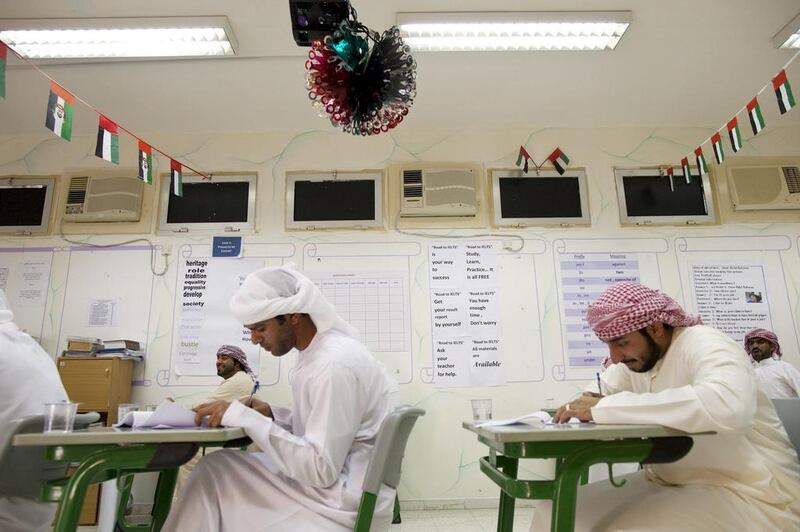Education is the mechanism that shapes pupils into future citizens. But too often the methods that schools use, and the metrics by which they judge progress, are outdated. Schools are struggling to catch up with the fast-paced progress of knowledge-based societies, and it appears increasingly obvious that traditional education is no longer the way to go when it comes to building future generations. The plethora of tests and exams students have to sit simply does not prepare them to face the school of life.
While the Government has taken many steps to introduce reform in public schools, student-centred teaching has yet to enter classrooms. Moving away from traditional methods of education, from textbook-centred learning, is proving difficult for teachers.
One of the reasons is the way educational models are developed. Existing models in other countries cannot simply be imported and implemented, for the requirements and needs of distinct societies vary. Looking back to the history of educational reforms in the UAE, it is obvious that much has been achieved, from introducing bilingualism in the curriculum to introducing new subjects such as technology and engineering. But some aspects have fallen behind in the race for grades, in particular a focus on art, music and sport during the teenage years.
The advent of the digital age, the blitz-like creation of content and easy access to information imposes an accelerated rhythm societies must keep up with. Schools must adapt, changing the focus from text books.Does it still make sense to sit for exams, while actively learning new skills would have more positive outcomes?
At the same time, this focus on new skills must not crowd out art, sport and music. These subjects help students grow into more well-rounded individuals, and what they learn, and how they learn those subjects can also help them when it comes to other academic subjects.





